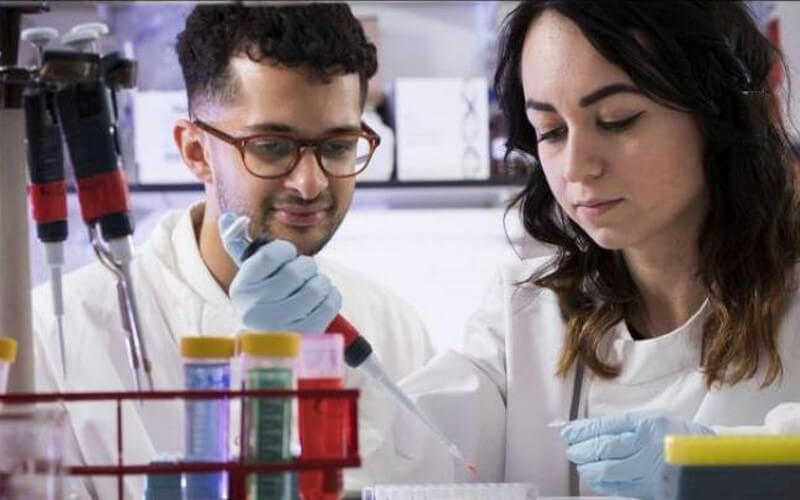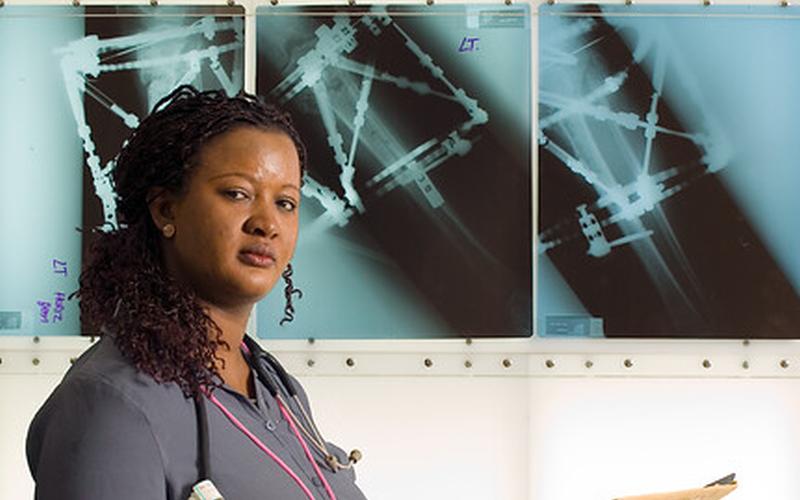Undergraduate
The Division of Medicine runs three undergraduate courses: two BSc programmes and an iBSc Clinical Sciences, which is part of UCL Medical School's intercalated BSc programme.
The BScs have a shared first year with other programmes in the Faculty of Medical Sciences (known as Integrated Medical Sciences). This allows you to network with a broad range of students and learn from each other's experiences.

Bridge the gap between science and medicine on this three-year BSc (Hons) programme.

Explore nutrition at all stages of life, from cellular, whole body and global public health perspectives.

Develop your interest, knowledge and understanding of clinical science and its application to medicine.
The shared first year (Integrated Medical Sciences)
Most of our BSc courses in the Faculty of Medical Sciences have a shared first year. This gives you core knowledge and techniques but also the flexibility to switch degrees if your interests change. When you find something that sparks your imagination, you can follow the path you choose.
Find out more
Contacts
Matthew Brown
Teaching Manager (Undergraduate)
Faculty of Medical Sciences
m.t.brown@ucl.ac.uk
+44 (20) 7907 4658 (ext. 04658)

 Close
Close




